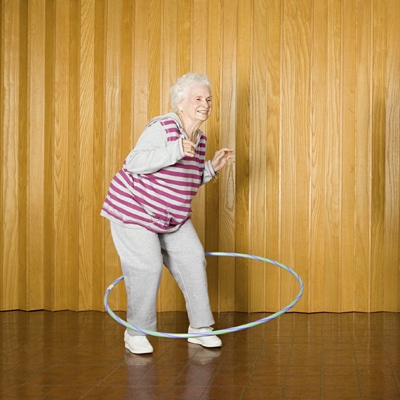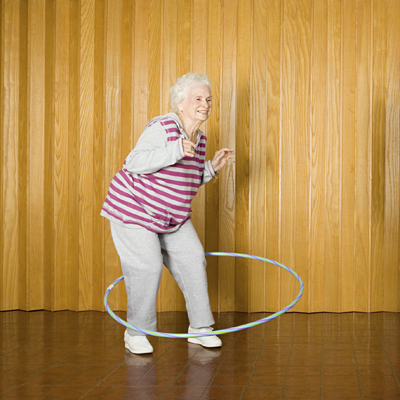 How do you interpret CQCs 5 Key Questions in regard to Safety and Responsive Care?
How do you interpret CQCs 5 Key Questions in regard to Safety and Responsive Care?
‘I think I can be an Olympic rower’. ‘I definitely think I can’. The thought left me as soon as it came. I laughed at myself thinking of my already aching joints in a fairly sedentary life, not to mention in the water clinging like a limpet on the back of my husband worried for the dangers that lie beneath the water’s surface.
I turned the radio on a few days later and heard a programme on Radio 4 where 85-year-old Pamela talked of her World champion table tennis status in the 85-89 year olds.
She began playing as a veteran at the age of 60 and had only played local league beforehand with her first Tournament in 1952. Pamela went to the first European Championships in Austria and won the over 60s title and has travelled the world since playing. Pamela also cares for her husband who has Parkinson’s and described table tennis as her release.
After this interview echoed out of the radio, I felt a little ashamed at my dismissal of dreaming and at least having a go at something new.
Strong armed by safety?
There may not be many possibilities for table tennis, but perhaps again the question and assessment has never been done… there are opportunities and choices to explore, but are we strong armed against spreading our wings with greater activity choices by safety?
‘Safe’ is one of the 5 Key Questions the CQC use to inspect. We find underneath the strapline, ‘By safe, we mean that people are protected from abuse and avoidable harm.’ If we stop there, we can tightly box and restrict our activities in residential care to a jigsaw or two. Just like my dismissal of trying something new.
If we read on however, we are stretched in our thinking as it goes on to say ‘In residential care this means that people are supported to make choices and take risks and are protected from physical, psychological and emotional harm, abuse, discrimination and neglect.’ This fuller line holds out two hands in one choice, and the other protection.
Through The Care Act 2014 and supporting guidance, The Department of Health has emphasised the wishes and choices of people who use services. That they like everyone have choice about decisions in their lives. This publication highlights the absolute pinnacle of decisions in regard to personal safety. Holding both choice and safety in an uneasy hold with one another.
Your risk is bigger than mine….
Alison Faulkner writes in The Right to Take Risks: Service Users’ views of Risk in Adult Social Care for Joseph Roundtree Foundation that risk can often be a perception. We all have different understanding of risk whether that be from our own personal experience of an activity (I strongly think of cartwheels, diving, jumping on a trampoline and roller-skates) or situation that did not go right for us, or due to a lack of understanding of the abilities or diversity of another.
In today’s media culture, there are risks everywhere. None are imagined, but some are highlighted until we feel we cannot breathe without encountering them.
I can see a similar pattern within Care. Regulation is written in a way so that it can be measured and complied with. Read out of context and reading the don’ts rather than does and don’ts, it can make us fearful of trying new things and managing risk through careful risk assessment.
The activity of choice
As outlined above, words on a page can limit our understanding of how free and enabling we can be in helping people enjoy life to the full and experience new things where possible.
The Collins dictionary describes choice as;
- the act or an instance of choosing or selecting or
- the opportunity or power of choosing
- a person or thing chosen or that may be chosen
- an alternative action or possibility
- a supply from which to select
Each element is as important as the next in understanding what ‘choice’ really means.
I studied ancient Greek and it always struck me how so much more was meant in one word. For instance, choice can mean – I continue to make choices. Active and identifiable throughout every day. Not just at the start of a journey, or at the end – but all the way through.
It may be that a ‘life choice’ is to live a more secluded life, with limited experience, and we should respect and celebrate that if an individual chooses (note choice of variety) rather than mandatory or due to lack of choice.
Outstanding, Responsive care according to the Care Quality Commission is characterised in part as, ‘… flexible and responsive to people’s individual needs and preferences, finding creative ways to enable people to live as full a life as possible. The arrangements for social activities, and where appropriate education and work, are innovative and meet people’s individual needs. ‘
Inspiring activity
In 2013 The College for Occupational Therapists released ‘Living well through activity in care homes: The Toolkit’ In it, they outline ideas and inspiration for activity. Importantly they link all activity to understanding your resident’s individuals choices and needs. Activity is set to differing time availability with suggestions for all abilities from sensory, crafts, and hobbies to hoopla and hockey (I am sure there will be a few inspired by our Olympic success.)
Role Model
The CQC rated Meadow Care Nursing Home outstanding. The media report in June 2016 read ‘Rob Assall-Marsden, CQC’s Head of Inspection for Adult Social Care in the central region stated, ‘people had access to activities that complemented their individual hobbies and interests. Links with the local community had been established and people were supported to participate in community events and other events that were important and meaningful to them. This provided them with a sense of purpose and wellbeing’.
Their story reflects the balance to enable people to enjoy activity through choice, whilst keeping them Safe.
Balancing Act
I would not say choice and safety are the best of friends, but they can work together in happy tension. Both with the best interest of the individual – but both only working fully in conjunction with each other.
I hope like me, you are inspired personally by Pamela and to cast the net wider for new possibilities. I have ordered a rash vest as a starting point. Managing risk should help support choice – and who knows… maybe more veteran World Champions – or as importantly, people supported to achieve well-being.







